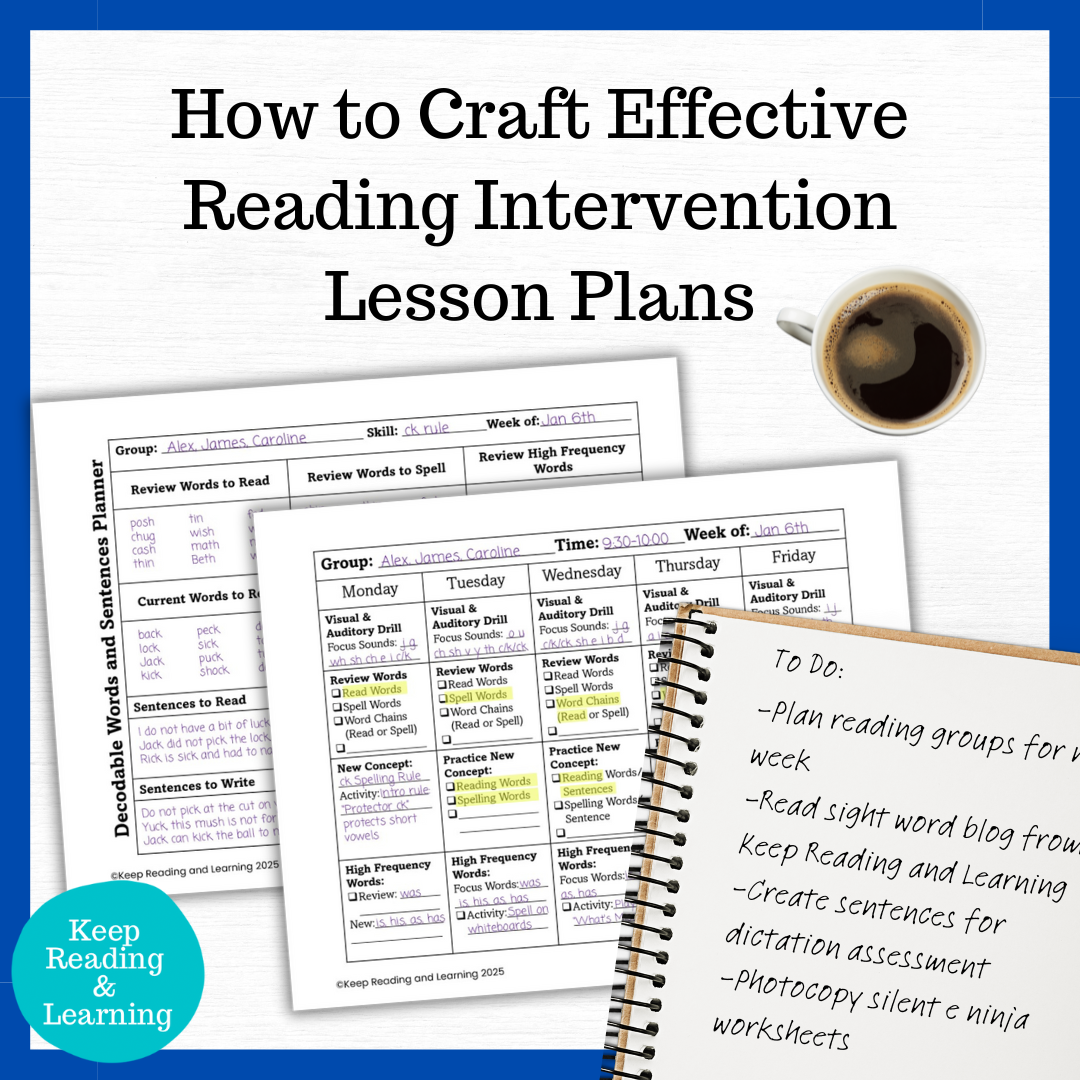When it comes to planning reading intervention lesson plans, having a structured program can make…
Tag: spelling
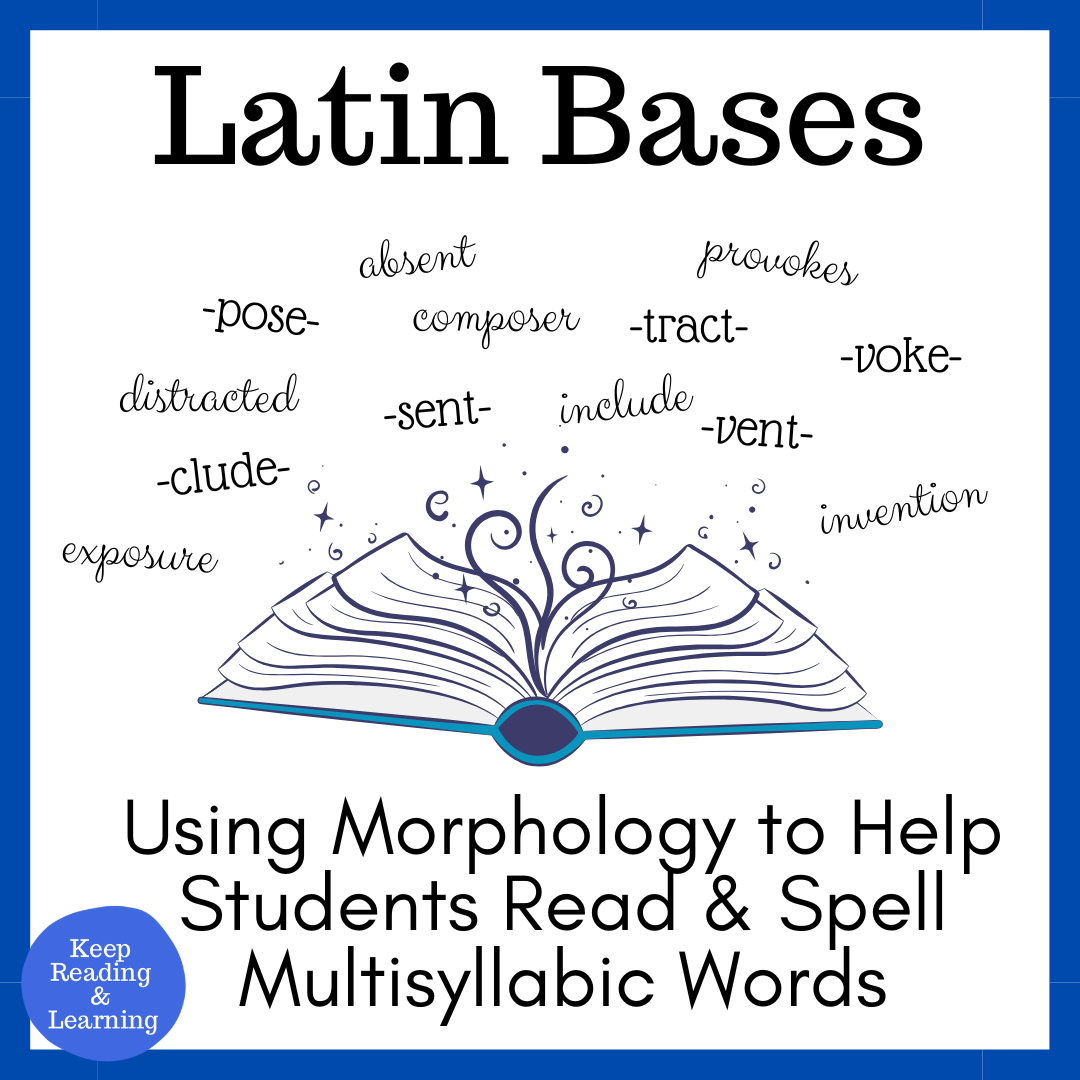
6 Ways to Incorporate Latin Bases: Help Students Read and Understand Multisyllabic Words
Does the thought of teaching morphology through Latin bases scare you? Are you afraid you…
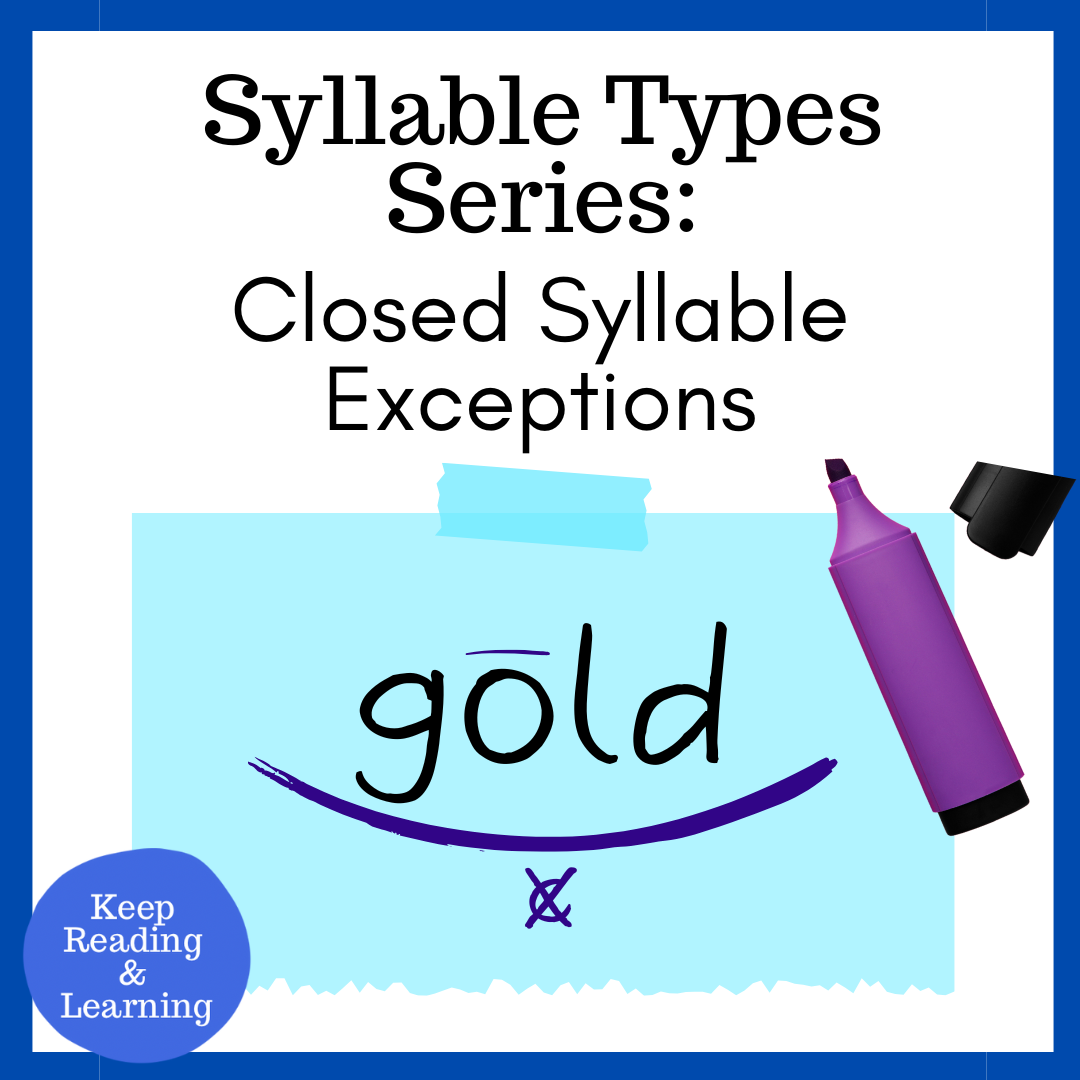
Syllable Type Series: Closed Syllable Exceptions
This blog post discusses closed syllable exceptions in English, specifically the vowel sounds in words like “find” and “post.” It emphasizes the importance of understanding syllable types for effective phonics instruction, providing resources and strategies for teaching these exceptions. The author encourages tailored teaching approaches to facilitate student learning.

Paws and Spell: the Word Chain Game You’ve Been Waiting for!
Are you a reading teacher who has been looking for a quick but high-impact digital…
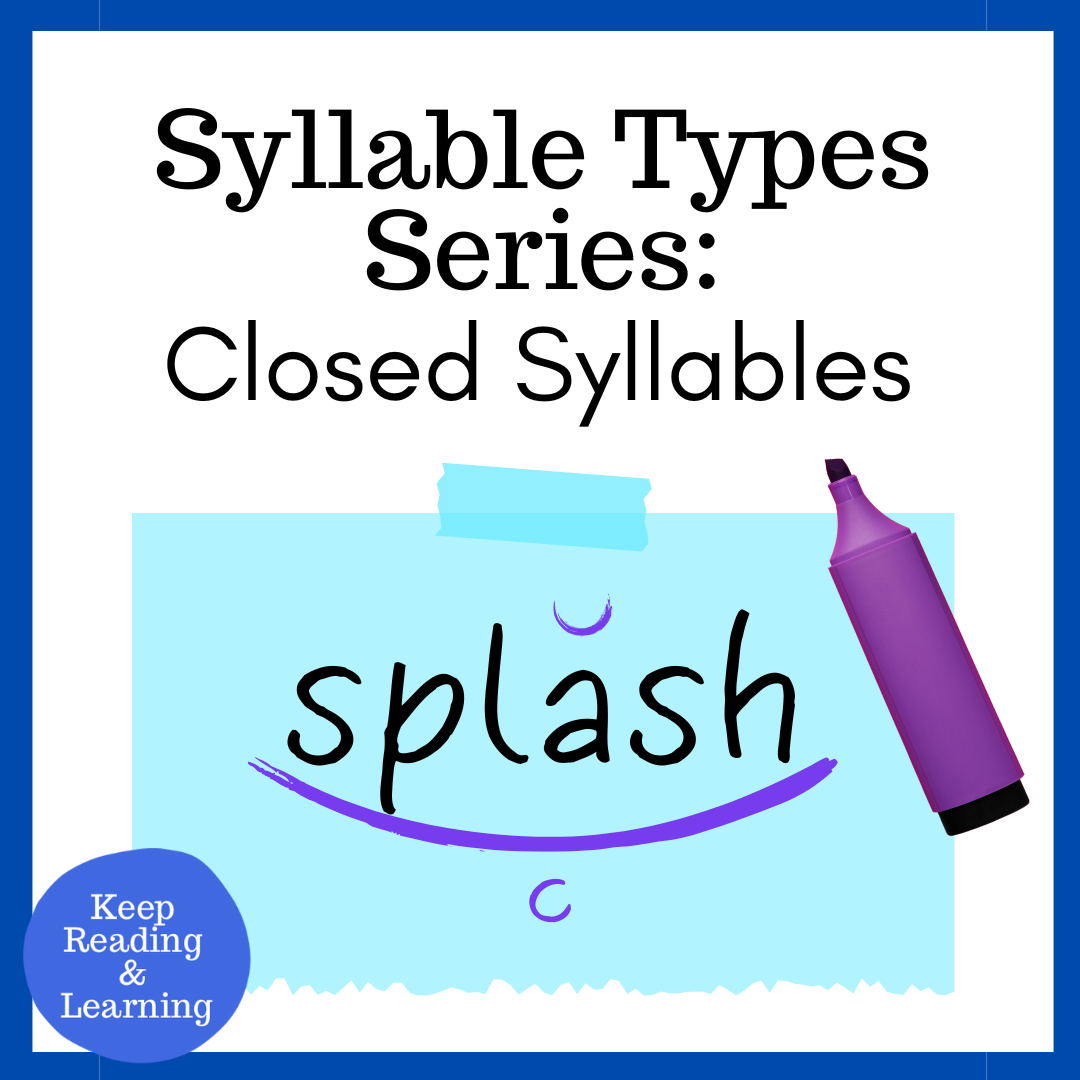
Syllable Types Series: Closed Syllables
Research shows that understanding the six syllable types boosts student performance in reading and spelling….
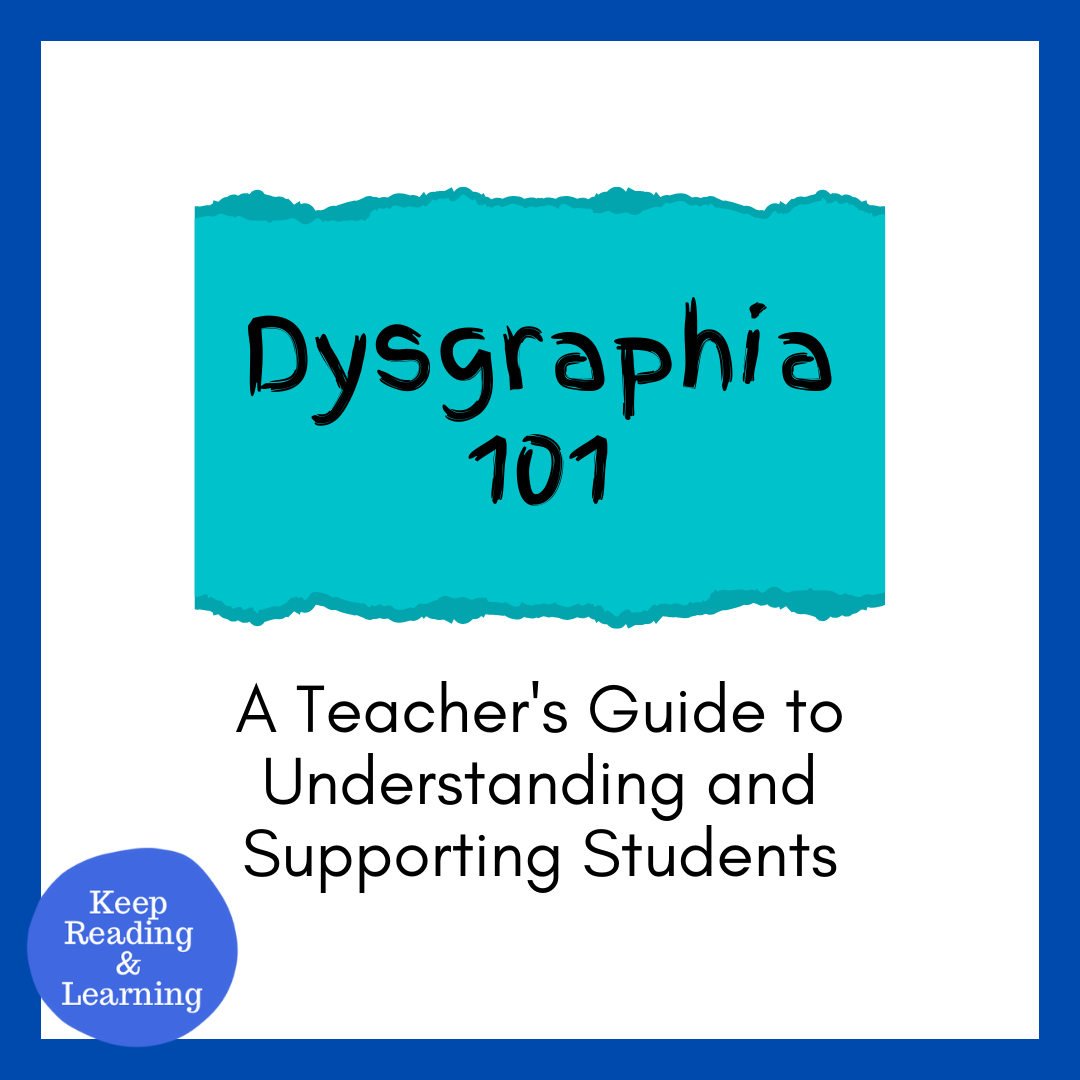
Dysgraphia 101: A Teacher’s Guide to Understanding and Supporting Students
Dysgraphia is defined as “the condition of impaired letter writing by hand” or put more…
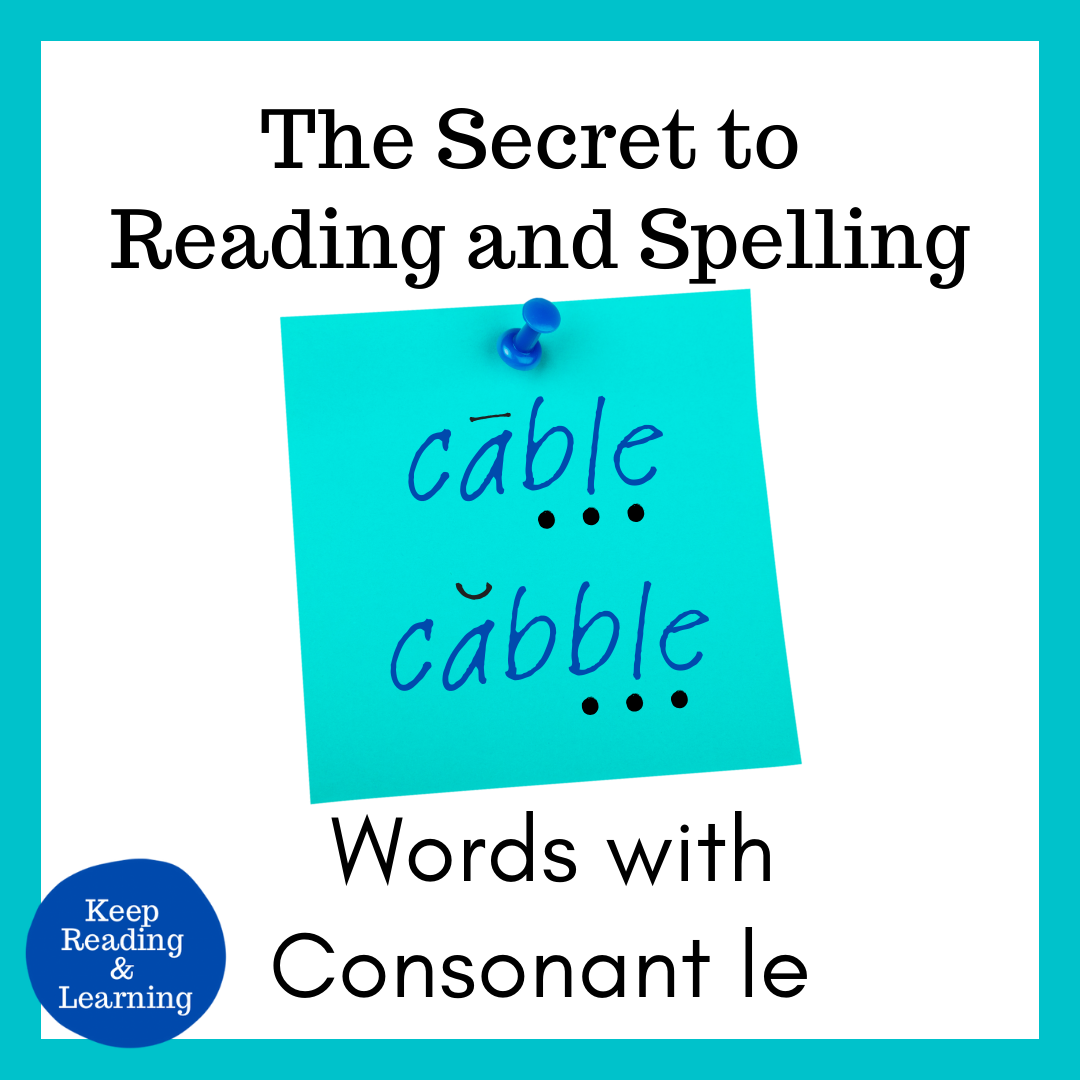
Read and Spell Consonant le Words: the Count Back 3 Strategy
Reading and spelling words with consonant le can be a tricky skill to master! Fortunately,…
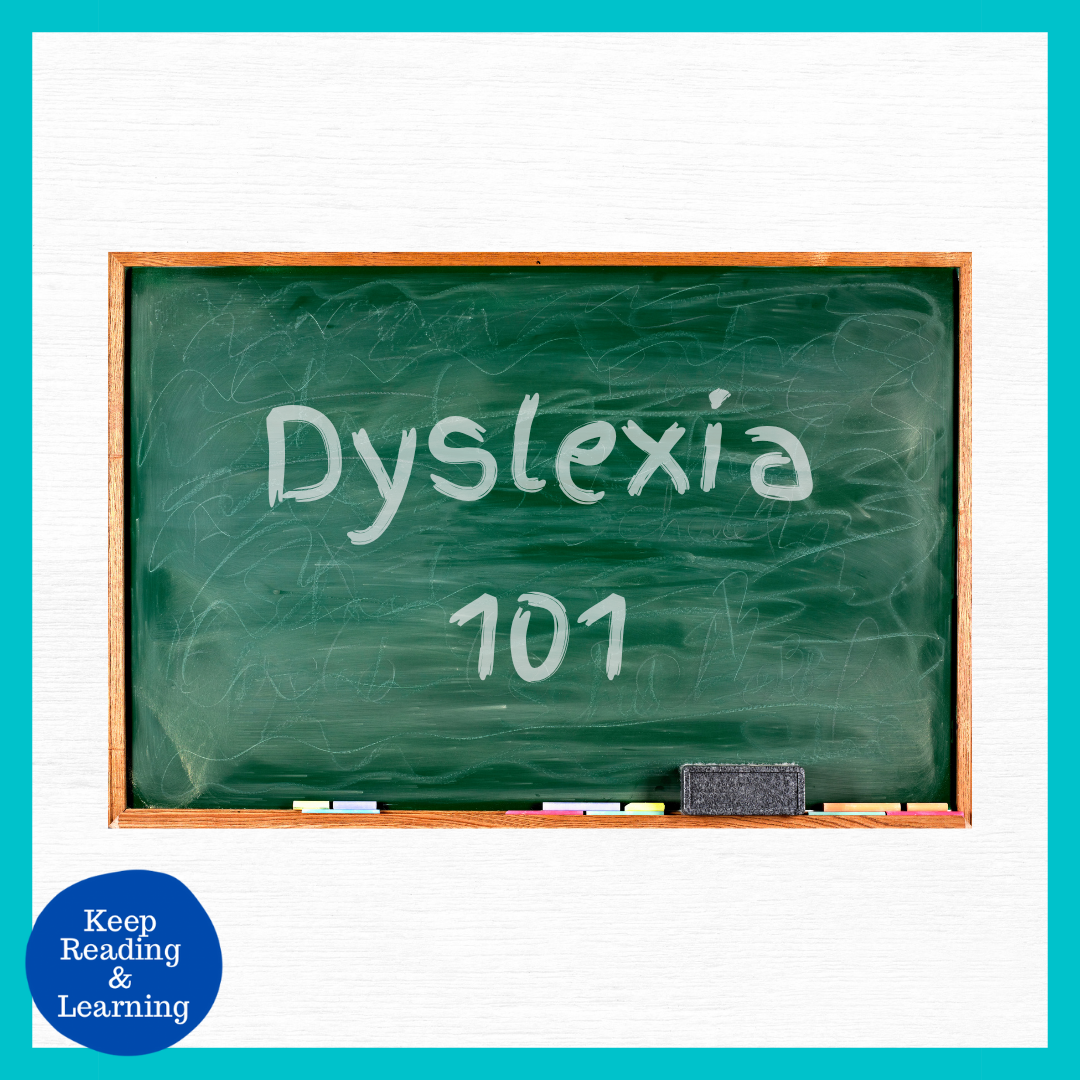
Dyslexia 101: Key Concepts Made Easy
Dyslexia Awareness Month is an annual observance held during the month of October to raise…
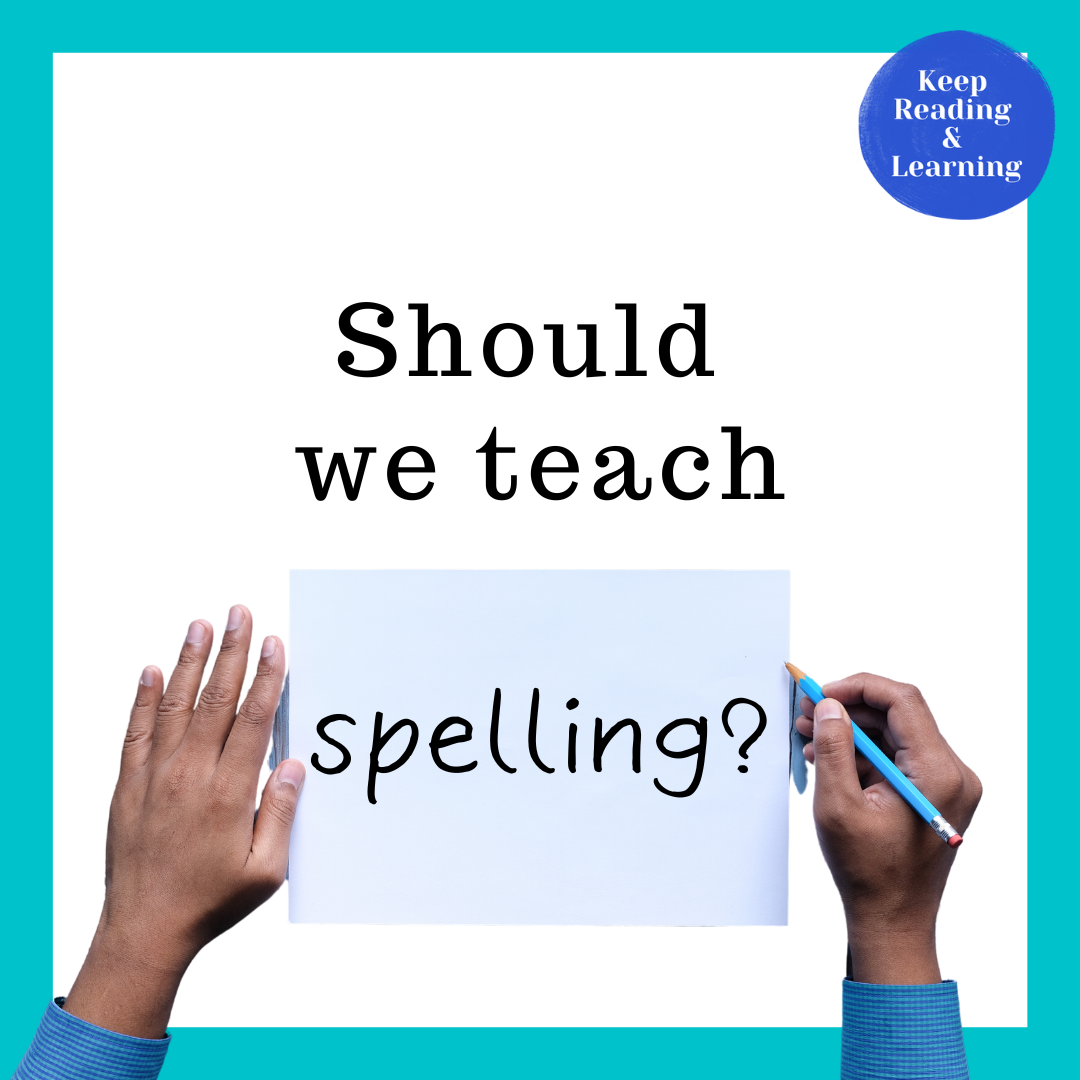
Should spelling instruction still be taught in school?
A question that teachers sometimes wonder is: should we explicitly teach spelling or are spelling…
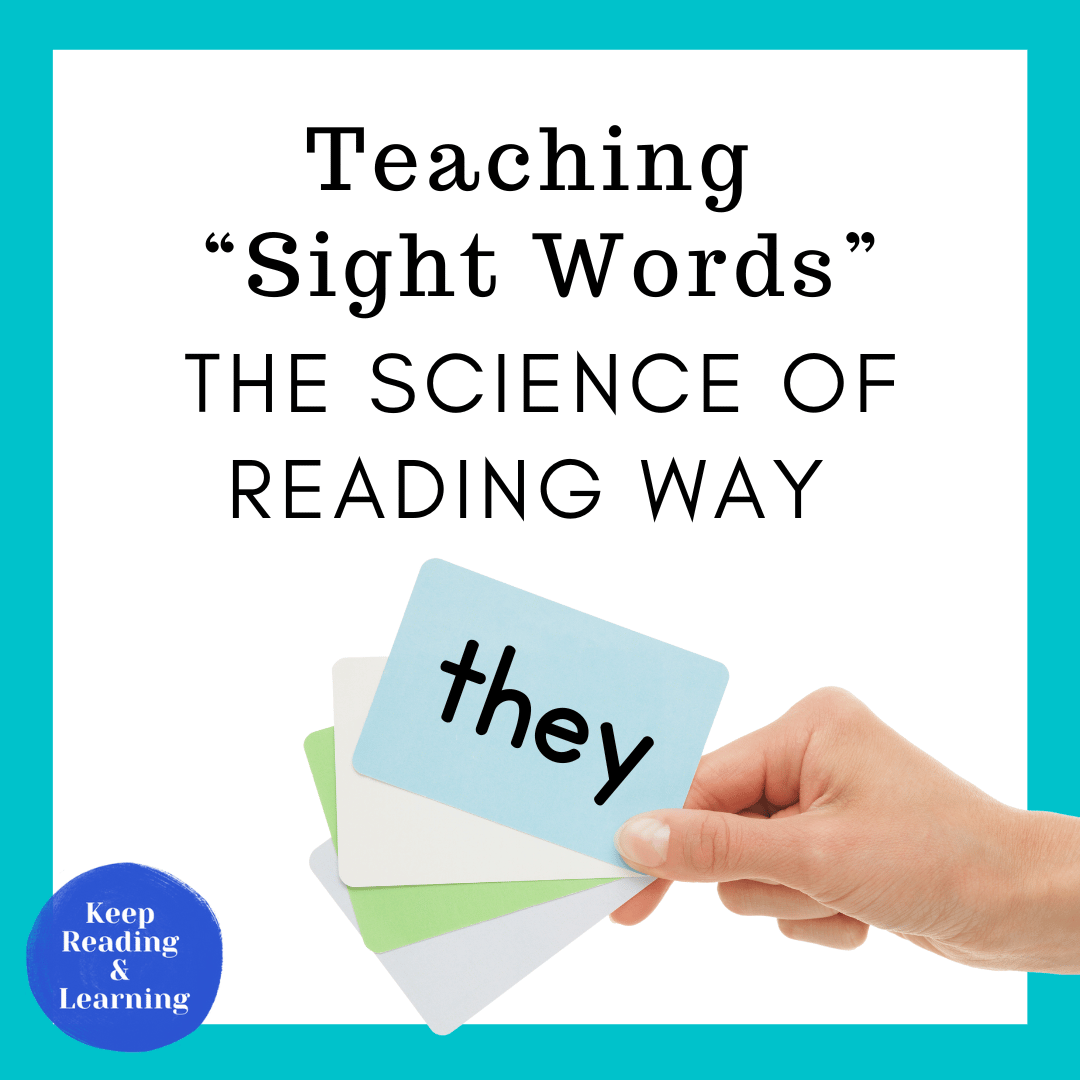
Teaching “Sight Words” the Science of Reading Way
Does your reading program require you to teach “sight words,” “heart words,” “trick words,” “red…

